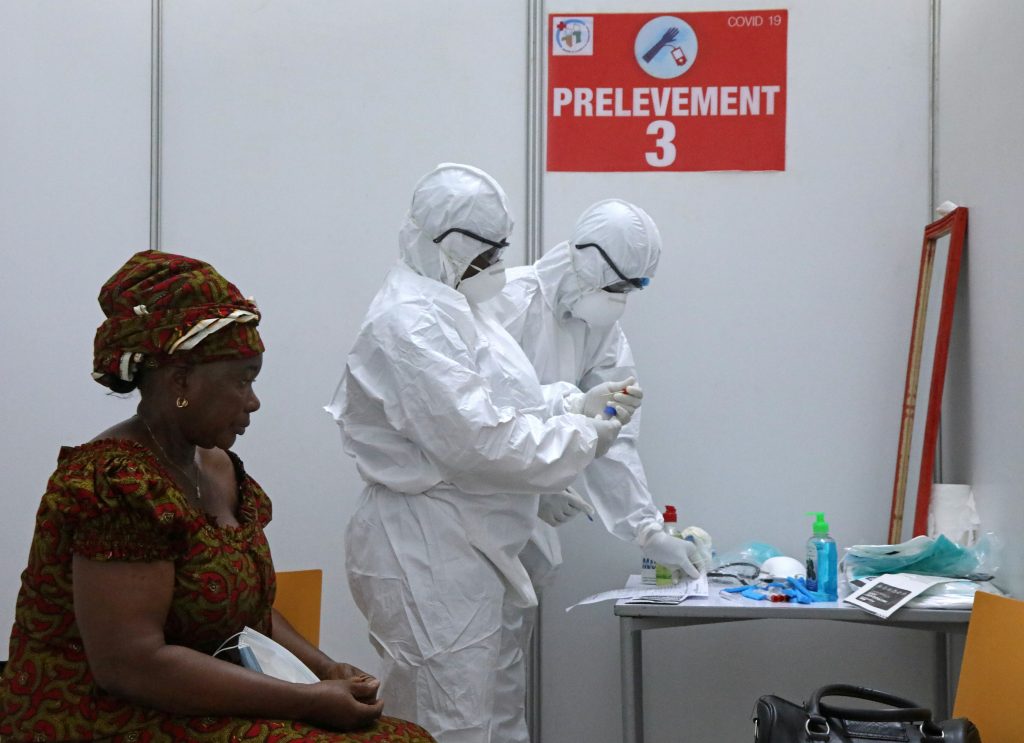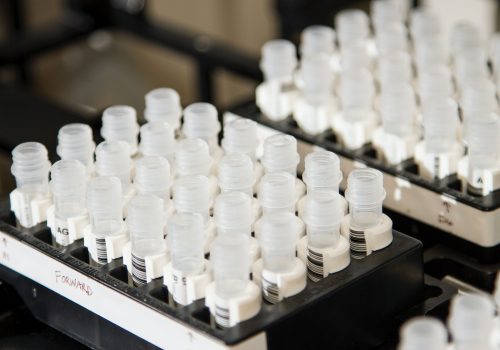Editorial
The rush to vaccination against the COVID-19 virus has highlighted numerous supply and logistic complexities but also the risks of fraud. In developed countries, this comes against a background of doubts sown by the anti-vaxxer movement. In developing countries, desperation at the prospect of inadequate supplies in the longer term encourages parallel markets. Vaccines have arrived in full force, and with them come a host of initiatives aiming to pave the way for digital health passports, a credential tied to an individual’s COVID-19 vaccination status.
More than ever, trust is crucial. The situation is evolving and new information on the virus and impact of the vaccine is constantly emerging. The public needs to be sure that information available is trustworthy, authorities and vaccine manufacturers are transparent, and that the vaccines with which they are being injected are genuine. To open up the economy, travel, and essential activities we all need to be sure that test and vaccine status can be reliably verified. As President Biden said in his inaugural address, we face unprecedented challenges. We need to make best use of the technologies that can deliver the trust we need so acutely.
Across the world, numerous startups are developing technologies for ‘track and trace’ for the pharma industry. They range from holograms provided by the Irish Optrace, contactless chips by the Pakistani company Pharma TRAX, edible labels by America’s TruTag. International institutions have entered the game with system architectures being proposed by the International Air Travel Association and the WEF. The WHO also is piloting an initiative to produce a digital international vaccination certificate. New digital solutions, interoperably combined, are a key to opening doors for the global economy as fake COVID-19 vaccine advertisements increase exponentially. If a digital passport or “wallet” app also includes past vaccinations and other essential health information, this could provide an opportunity for individuals to have increased ownership over all of their health data and autonomy to decide when and how it gets used in clinical trials.
While digital identities are often positioned as a method of inclusion, where the ID holder is granted access to the aspects of life we have lost in the past year (dine-in eating, concerts, regular air travel, etc.), some fear they risk replicating the current racial and geographic inequities in society given access to healthcare which remains in certain countries unbalanced. In the United States, 68 percent of rural counties lack testing sites and are facing similar shortages in personnel to administer the vaccine. The ethical implications of mandating vaccine passports as a prerequisite for travel or employment merits serious consideration. Rolling out a global digital identity strategy without significantly scaling up testing and vaccine distribution threatens to further these inequities. Digital health passports are well on their way to becoming the norm. Care should be taken to ensure that the data provided by these passports is secure, empowers individuals, and does not create a new underclass by default. Universal testing, vaccine distribution, and continued education of the importance of vaccines must be elevated alongside these digital solutions to rationally confront both our current situation and improve the resiliency of communities against any future pandemic.
Sincerely,
Christine Macqueen
Economy of Trust Foundation / SICPA
Dr. David Bray
Atlantic Council GeoTech Center
Borja Prado
Editors
Get the Economy of Trust newsletter
Sign up to learn about advances in technology and data activities that, through trust and more transparent frameworks, improve nations and sectors alike.
Latest report
Research & Analysis
From our GeoTech fellows & friends
Image: An employee performs a quick COVID-19 antigen test at the facilities of nal von minden GmBh, amid the outbreak of the coronavirus disease (COVID-19), in Moers, Germany, March 2, 2021. REUTERS/Leon Kuegeler











